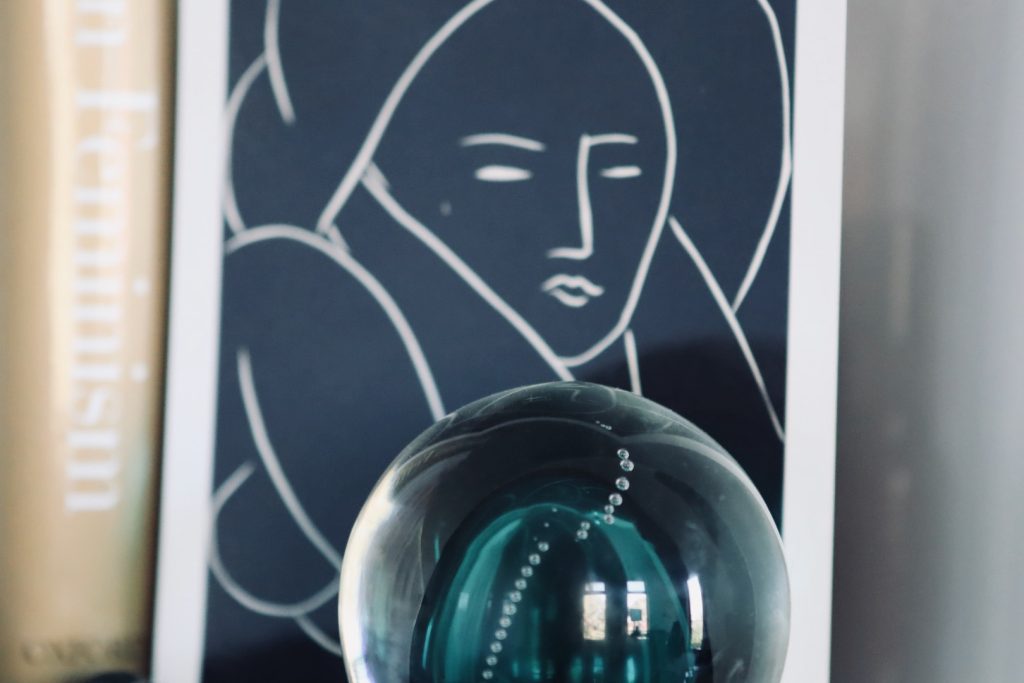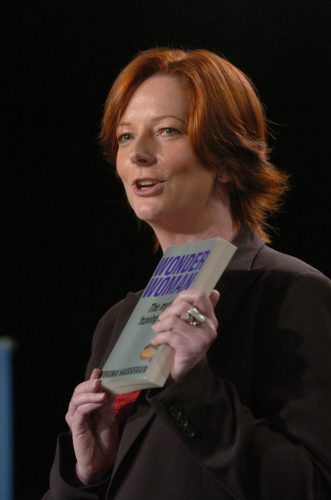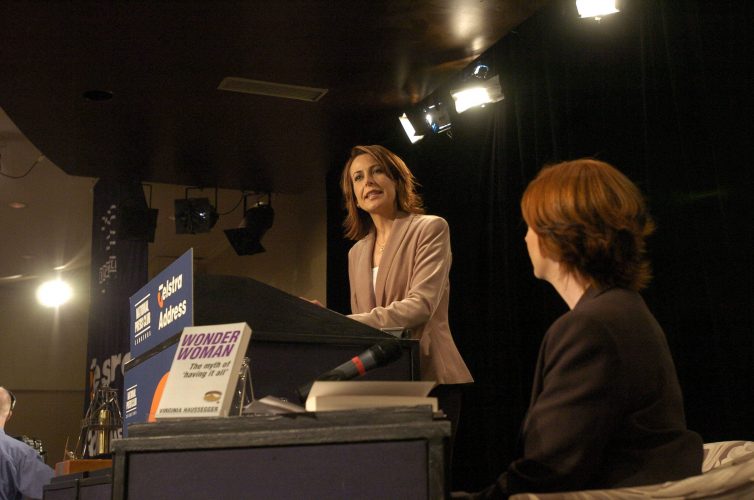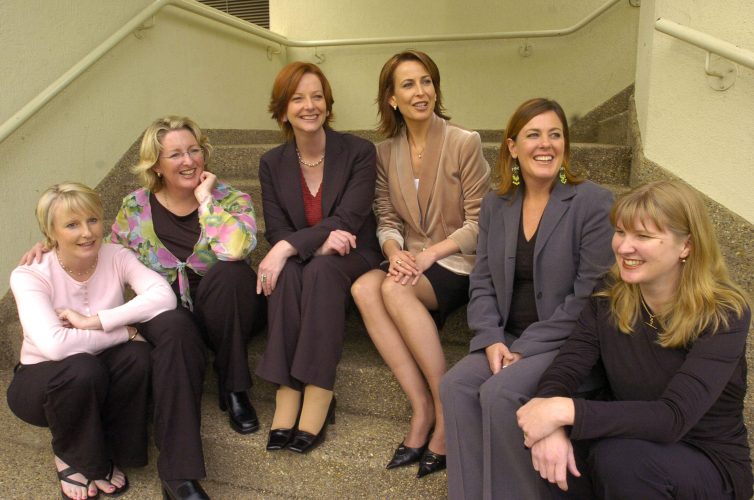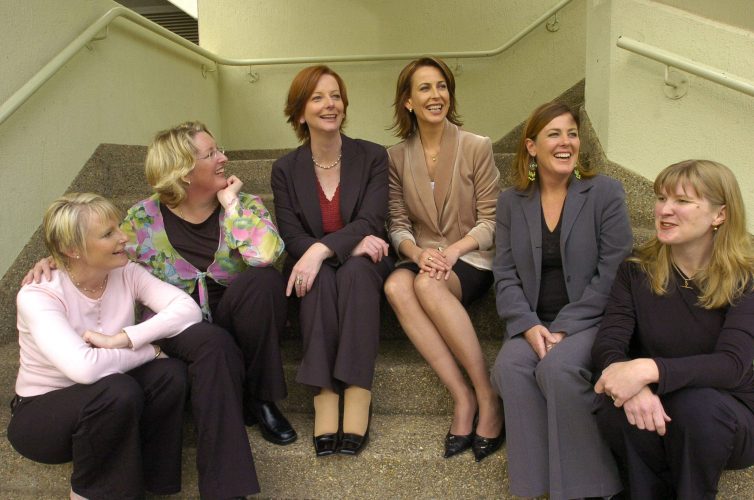Do your children make you happy? Of course, we’d like to think they do. But the truth is, most of the time they probably don’t.
There is a growing body of research that suggests happiness levels plummet when we become parents. But its prickly stuff, which seems to contradict what we’d prefer to believe – that children bring us great personal happiness and fulfilment.
Perhaps that’s why Harvard psychologist Daniel Gilbert is howled down each time he tells an audience that, ”People who have children are less happy than people without them, and the more children they have the less happy they are.”
Two weeks ago, a lecture Gilbert gave to an Australian conference on happiness was replayed on Radio National. It got the phones running hot and the listeners in a lather. Suddenly everyone wanted to boast about the joy of parenthood.
The guru of fatherhood, Steve Biddulph was most appalled. Gilbert’s thesis, he said, demonstrated ”a shallow understanding of the word happy”. Maybe, but if the childless figures released this week by the Australian Bureau of Statistics are anything to go by Gilbert might be on to something.
Childlessness among Australian women is continuing to rise, with no sign of abating. In one generation the change is astounding. Among women my age, the rate of childlessness is four times what it was in my mother’s generation. (Indeed, my mother had six kids at my age, whereas I have none).
But most worrying right now is the increasing number of women who remain childless at the very peak of their fertility, between the ages of 30 to 34. In that group more than a third don’t, or won’t, have kids. But if those women happen to be doctors, lawyers, vets or dentists, the odds of them remaining childless are even higher.
According to research by the National Centre for Social and Economic Modelling, a whopping 60 per cent of women in those specialist professions are childless.
So what’s going on? Is it the economy? Are a growing number of women choosing not to have children, or delaying it until it’s too late, simply because they’re busy studying, working and earning? Or, has the message about parental unhappiness struck a chord?
To understand Gilbert’s argument, it’s important to understand that Gilbert is American, and as we know, Americans like to have a theory about everything.
In this case, Gilbert argues that while children might bring you ”single transcendent moments” of happiness and joy, in sum total their presence and dependence drains your overall level of happiness.
While we tend to believe that having children will bring us great happiness, Gilbert argues that parents experience their biggest surge of happy hormones during the pregnancy stage, but it’s the expectation of joy rather than the knowledge of it getting them smiling. He says once the child arrives and the novelty of new parenthood has worn off, ”unhappiness sets in”.
Using data collected from tracking the daily happiness levels of 800 women, Gilbert insists there’s ample evidence to suggest a mother’s interaction with her children rates very low on her happiness scale, and only slightly higher than doing the housework. He says women’s happiness quota is much higher when they are eating, talking with friends, watching TV, shopping online, and making love, than when they are tending to their kids.
But it’s not just mothers. Fathers too supposedly suffer plummeting happiness levels when looking after their children’s daily needs.
Not surprisingly, ”cost” is a key factor in making parents miserable. But the high cost of having kids goes well beyond handing over a fist full of cash: even though we know children are very expensive (as this week’s court case in Canberra would attest, where parents sought $400,000 from their IVF obstetrician, for the cost of raising one of their ”cherished” twin daughters, who was apparently a ”wrongful birth”).
The ”cost” of having children, according to Gilbert, includes the high price parents pay for relinquishing various freedoms. Letting go of career or travel opportunities is a substantial cost; as it giving up those ”before-baby” enjoyments, such as eating out, going to the theatre, or taking holidays overseas.
In summary, having kids comes at a high price, and the more we pay for something, the more happiness we expect it will bring.
This is where Gilbert’s ”Armani sock” theory comes in or at least my take on it. He reckons if we pay about $160 for a pair of Armani socks, we expect them to be the best socks we’ve ever had, and to bring us happiness, (We must, otherwise why would we pay such a ludicrous amount?), and for a while they do make us happy, until they get holes in the toes and become a nuisance to wear. Then their value diminishes and we’re no longer happy. Soon we don’t like them, and perhaps even hate them
Remarkably, that doesn’t seem to happen with children. No matter how much they cost and how many freedoms they impinge, and no matter how soiled and rotten they might become, parents seem to go on loving them. Which is odd really, when you look at how much worry and weariness they cause.
Odd too, when you calculate the hours of care and attention children receive in a day, against the minutes or seconds of joy and happiness they give back.
But unlike old socks, children have an uncanny knack for warming our hearts and tugging at our heartstrings. Maybe that’s why parents don’t just roll them up and toss them out.
